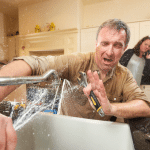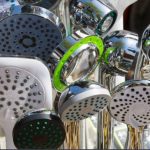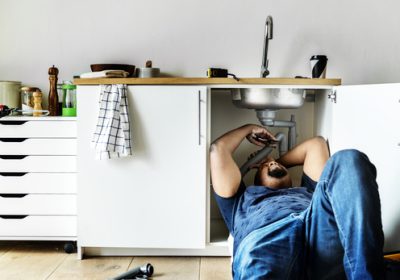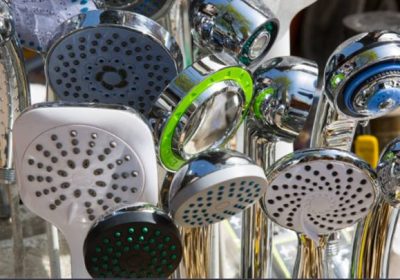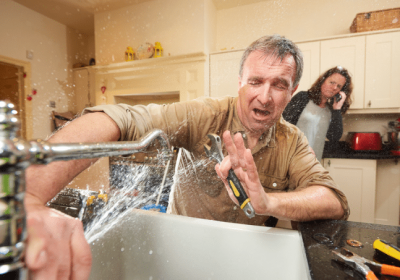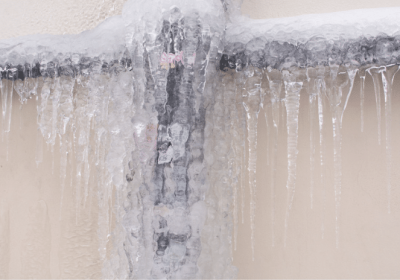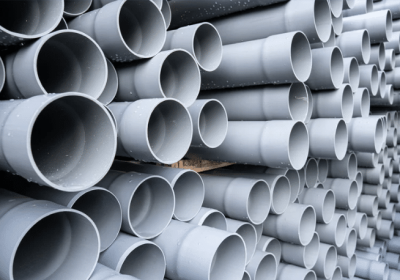Modern Innovations in Plumbing Technology for Homes
Has it ever crossed your mind how far we’ve come from the ancient aqueducts to our sophisticated home plumbing systems today? Advancements in technology have dramatically transformed home plumbing systems, making them more efficient, less wasteful, and a lot more convenient. These innovations not only help manage water usage but also bring about significant improvements in environmental sustainability and personal convenience. Let’s explore some of the cutting-edge technologies that are setting new standards in the plumbing industry.
1. Smart Home Water Systems
Smart Water Monitors
Imagine a device that tracks every drop of water like a bank monitors your transactions. Smart water monitors do just that; they provide real-time data on water usage and detect leaks as soon as they happen. Products like the ‘StreamLabs Monitor’ use ultrasonic technology to keep an eye on your water flow, alerting you to any anomalies that could indicate a leak.
Wi-Fi-Enabled Smart Water Controllers
With Wi-Fi-enabled smart water controllers, such as the ‘Moen Flo’, homeowners can control their home’s water supply right from their smartphones. These systems offer the ability to shut off water automatically in response to a detected leak, thus preventing potential water damage and fostering efficient water use.
2. Tankless Water Heaters
How They Work
Tankless water heaters, also known as on-demand water heaters, heat water directly without the use of a storage tank. When a hot water tap is turned on, cold water travels through a pipe into the unit, and either a gas burner or an electric element heats the water.
Advantages Over Traditional Water Heaters
Compared to their traditional counterparts, tankless water heaters are more energy-efficient, as they eliminate the need to continuously heat a large tank of water. This can translate to significant energy savings over time. They also boast a longer lifespan and consume less space due to their compact size.
3. Touchless Plumbing Fixtures
Touchless Taps and Toilets
In an era where hygiene is paramount, touchless taps and toilets offer a sanitary solution by minimizing contact. These fixtures use sensors to detect the presence of a hand or body, activating water flow or flushing without the need to touch any surfaces.
Smart Showers
Smart showers elevate the showering experience by allowing users to precisely control water temperature and flow. Systems like the ‘U by Moen’ have customizable settings that can be adjusted for different family members, and some even save water usage data for further analysis.
4. Greywater Recycling Systems
Introduction to Greywater
Greywater refers to the relatively clean waste water from baths, sinks, washing machines, and other kitchen appliances. Unlike blackwater, which is derived from toilets, greywater can be reused for purposes such as gardening and flushing toilets.
Residential Greywater Systems
Installing a greywater recycling system in a home allows for the reuse of water from showers and laundry, reducing the overall water consumption and significantly lowering utility bills. Systems such as the ‘Aqua2use’ are popular choices for homeowners looking to enhance their green credentials.
5. Advanced Filtration and Purification Systems
Whole-Home Water Filtration
Ensuring that clean, safe water is available at every tap, whole-home filtration systems remove contaminants such as chlorine, sediment, and heavy metals from the water supply. These systems are particularly important in areas where water quality is a concern.
Cutting-Edge Purification Technologies
Technologies like reverse osmosis and UV purification offer additional layers of safety, ensuring that any pathogens and microorganisms are effectively removed from the water, making it safe to drink directly from the tap.
6. Pipe Relining Technology
The Process of Pipe Relining
Pipe relining is a method used to repair damaged pipes by inserting a new lining inside the existing pipe. This technique avoids the need to dig up the old pipes, which is both disruptive and more costly.
Benefits of Pipe Relining
The relined pipes are often more durable than the original ones, providing a cost-effective solution with less environmental impact and disruption.
The landscape of home plumbing has changed remarkably with the advent of modern technology. These innovations not only enhance home efficiency but also promote environmental conservation. Upgrading to these modern plumbing solutions is a smart move for any homeowner looking to improve their home’s value and functionality.
FAQs
FAQ 1: What is a smart water monitor and how does it work?
Answer: A smart water monitor is a device installed onto your home’s main water supply line. It uses sensors to measure water flow and pressure, providing real-time data on usage and alerting homeowners to leaks or unusual water activity via a smartphone app. This allows for immediate action to prevent potential water damage and conserve water.
FAQ 2: Are tankless water heaters worth the investment?
Answer: Yes, tankless water heaters are generally worth the investment for several reasons. They provide hot water on demand, meaning you never run out of hot water and do not waste energy heating water you do not use. They are more energy-efficient than traditional tank heaters, can reduce energy bills, and have a longer lifespan, potentially lasting more than 20 years with proper maintenance.
FAQ 3: How do touchless taps contribute to hygiene?
Answer: Touchless taps minimize the need to touch tap handles, which are common hotspots for germs and bacteria. By using motion sensors to activate the water flow, they help prevent the spread of germs, making them especially beneficial in reducing the risk of illnesses and promoting a hygienic environment in your home.
FAQ 4: Can greywater systems be installed in any home?
Answer: Greywater systems can be installed in most homes, but the ease and cost-effectiveness of installation can vary based on the existing plumbing and the specific layout of the home. It’s important to consult with a professional who can assess your home’s suitability for a greywater system, considering factors like local regulations and the intended use of the greywater.
FAQ 5: What are the main advantages of whole-home water filtration systems?
Answer: Whole-home water filtration systems treat all the water entering your home, removing various contaminants such as sediment, chlorine, and heavy metals. The main advantages include improved water taste and smell, reduced risk of contamination, and prolonged appliance life by preventing scale and buildup in pipes and fixtures.
FAQ 6: What is pipe relining and how long does it last?
Answer: Pipe relining is a technique used to repair damaged pipes by creating a new, durable inner lining inside the existing pipe. This process can fix leaks and cracks without the need for extensive excavation. The new lining is typically made from a resin that hardens inside the pipe, offering a lifespan that can exceed 50 years, making it a long-term solution for pipe repair.
FAQ 7: What should I look for when choosing a smart shower system?
Answer: When choosing a smart shower system, consider features such as programmable temperature control, water usage tracking, and integration with other smart home devices. Look for systems with user-friendly interfaces and those that offer customization to meet individual preferences and needs.
Article suggested by Refined Plumber Sunshine Coast
More Plumbing Reading:
- Understanding Your Home’s Plumbing System: An Essential Guide for Homeowners
- Top 10 Common Plumbing Problems in Homes and How to Fix Them
- Eco-Friendly Plumbing Solutions: Saving Water and Money
- The Pros and Cons of Different Types of Pipe Materials In Your Home Plumbing
- How to Prevent and Deal with Frozen Pipes During Winter
- DIY Plumbing: What You Can Fix and When You Need a Professional
- Modern Innovations in Plumbing Technology for Homes


